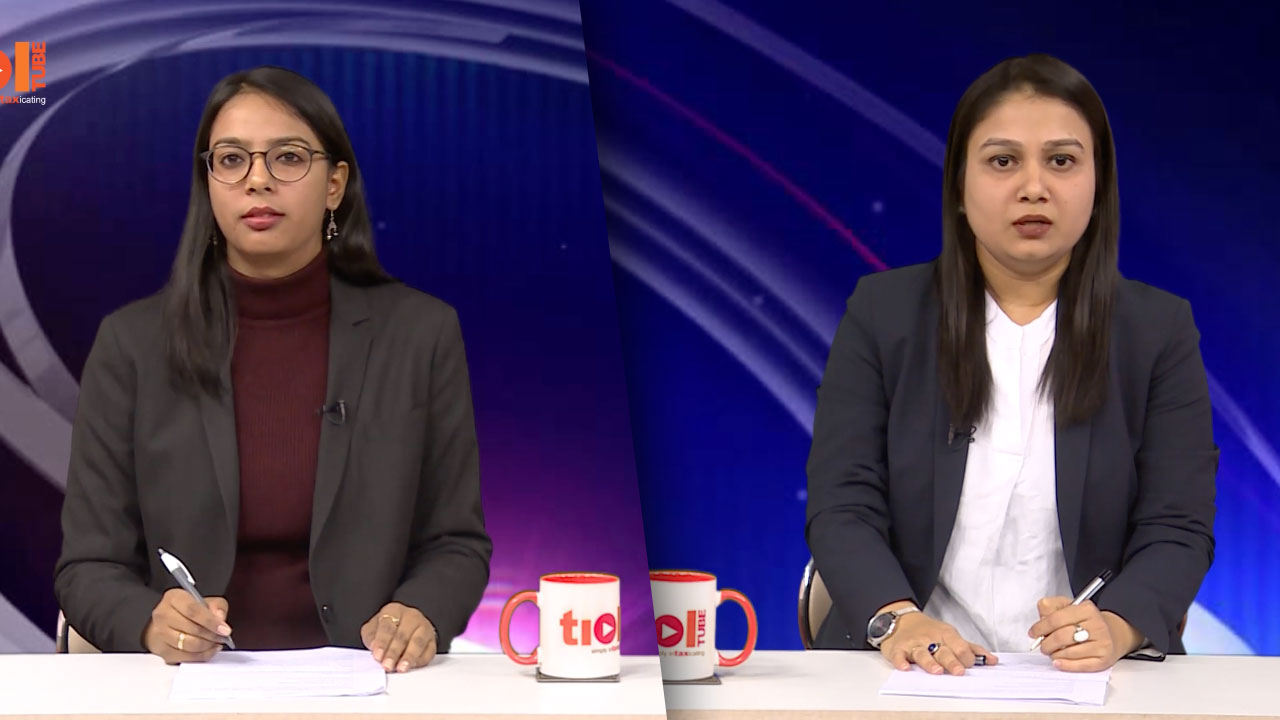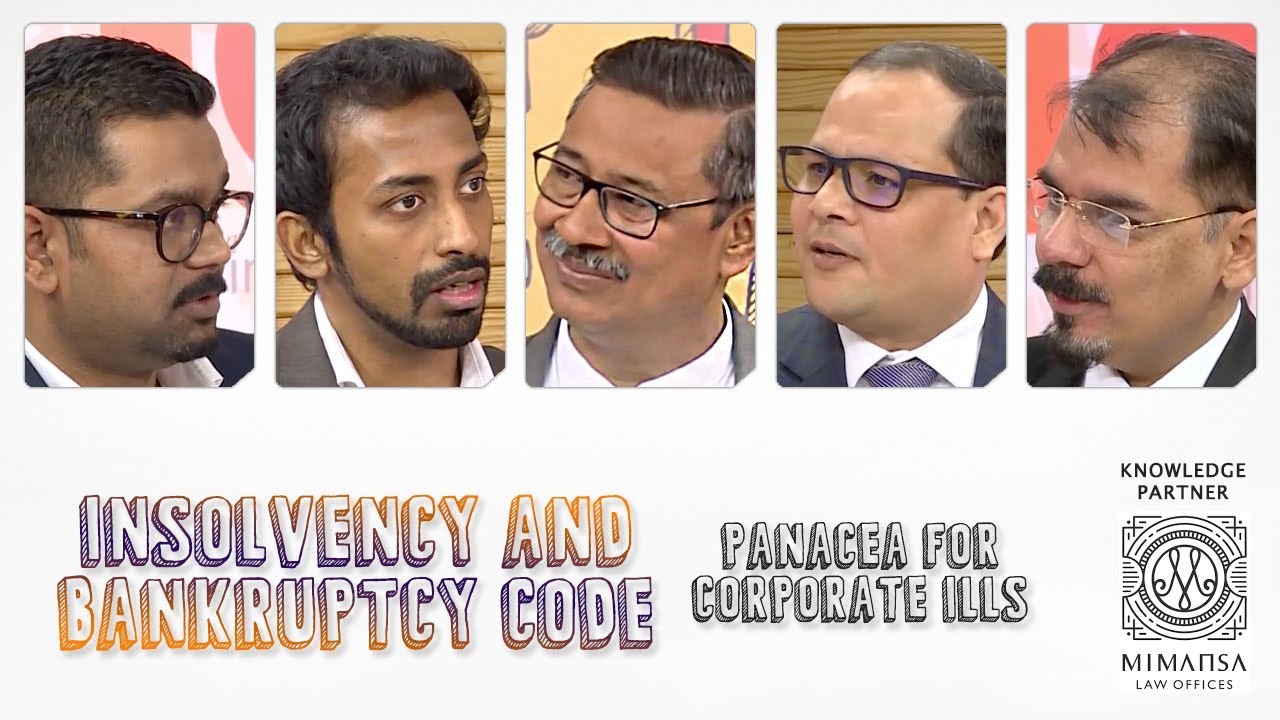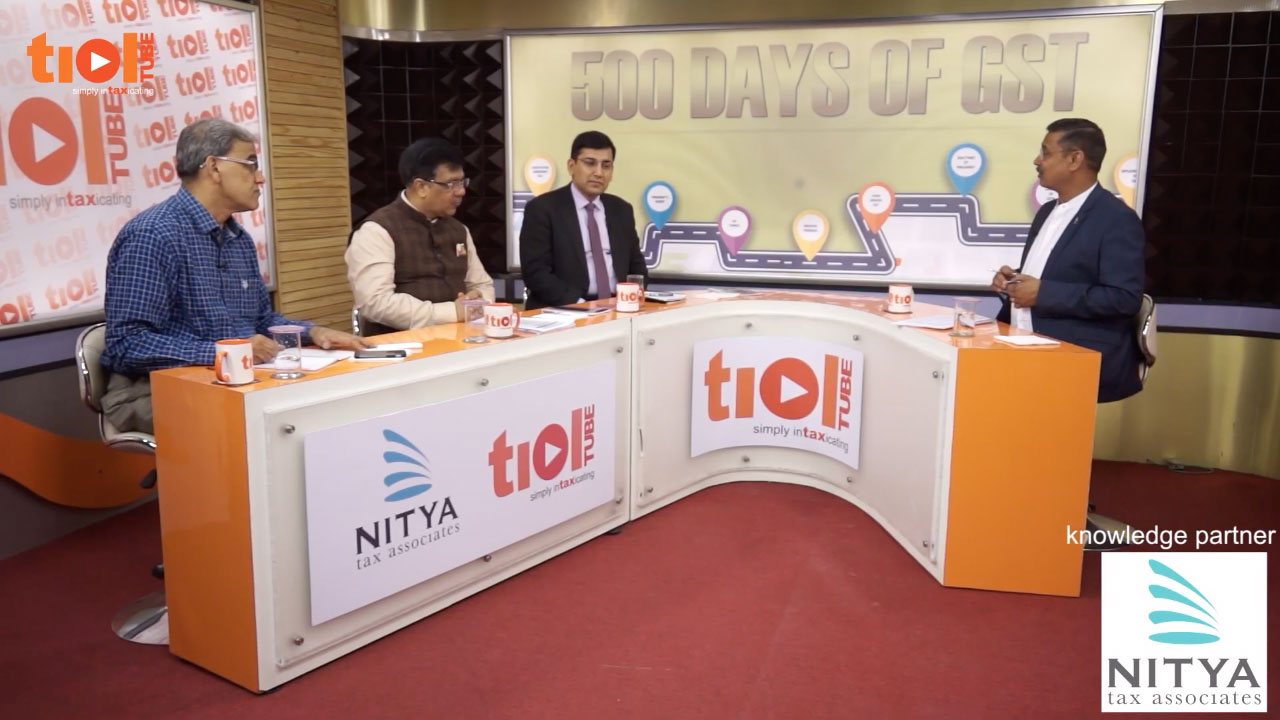SERVICE TAX
2018-TIOL-3790-CESTAT-MUM
Sangli District Central Coop Bank Ltd Vs CCE
ST - Appellant, a bank, took over the business of sugar factory for non-payment of loan - later, the appellant leased out the sugar factory to Rajaram Bapu Patil SSK Ltd. on consideration of amount as lease rent - as per the scheme of arrangement, the amount of lease rent paid by RBPSSK was to be paid to appellant and repair and maintenance of the said machinery was to the account of RBPSSK - later, this agreement was terminated and another entered into with another sugar factory from whom too lease rent was collected - however, appellant had not discharged service tax liability on the lease rent received and also the amount incurred as repair and maintenance charges - demand confirmed and, therefore, appeal before CESTAT - Appellant informing that they have already discharged the service tax liability in respect of renting of immovable property but are contesting the inclusion of value of repair and maintenance incurred in the gross value.
Held: Expenditure incurred on repairs and maintenance cannot be included for demand of tax under "Renting of Immovable property services" in view of the decision of the Bench in the case of Maharashtra State Co-op Bank Ltd. - 2017-TIOL-3558-CESTAT-MUM - insofar as penalty and interest are concerned, for the appellant, the issue is of recovery of loan and in order to salvage the loan the factory of the principal debtor was leased to various manufacturers and, therefore, there could be an interpretational issue regarding service tax liability under the category of Renting of Immovable property service -while interest is held payable on the confirmed portion of the demand, penalties are set aside: CESTAT
- Appeal disposed of: MUMBAI CESTAT
2018-TIOL-3789-CESTAT-ALL
Galaxy Mercantiles Ltd Vs CCE & ST
ST - The assessee was engaged in providing services under category of Renting of Immovable Property - They have availed and utilized Cenvat Credit of Central Excise Duty paid on Cement, Glass and Steel and Cenvat Credit of Service Tax paid on Architect Services and Work Contract Service towards discharge of service tax on renting of immovable property for the period from 2007-08 to 2010-11 - It appeared to Revenue that said Cenvat Credit was not admissible for discharge of service tax on renting of immovable property service, therefore, the assessee was issued with a SCN wherein there was a proposal to disallow Cenvat Credit - The issue is no more res-integra and the same has been settled through the ruling by High Court of Andhra Pradesh at Hyderabad in case of Sai Sahmita Storages (P) Ltd. - 2011-TIOL-863-HC-AP-CX - In view of said ruling, assessee was entitled for Cenvat Credit of Central Excise Duty paid on Cement, Glass and Steel as well as Cenvat Credit of Service Tax paid on Architect Services and Work Contract Services for discharge of Service Tax on Renting of Immovable Property Service - Therefore, impugned Order set aside: CESTAT
- Application disposed of: ALLAHABAD CESTAT
CENTRAL EXCISE
2018-TIOL-3788-CESTAT-ALL
Gallantt Ispat Ltd Vs CCE
CX - The assessee is engaged in manufacture of Billets, MS Round Bar and M.S. Roll bar and were also availing Cenvat credit facility under CCR, 2004 - The assessee had taken Cenvat credit on goods like MS Joints, MS Angles, MS Round, MS Plates, Pipes/ Fitting from March 2009 to July 2009 under the provision of Explanation 2 to Rule 2(k) of CCR, 2004 - In response to the queries by Revenue, they had submitted a statement showing the details of capital goods manufactured by them, vis-i-vis the inputs used therein - It appeared to Revenue that assessee have taken inadmissible Cenvat credit on goods/items considering them as inputs used for manufacture of accessories/components of capital goods - The assessee is held, allowed to avail the credit on inputs and as such there is no contravention of Rule 3 of CCR, 2004 and no duty or credit is recoverable under Rule 14 of CCR, 2004 read with Section 11A(1) of CEA, 1944 - Similarly, no interest at appropriate rate is recoverable under Rule 14 of CCR, 2004 r/w Section 11AB of CEA, 1944 - For the foregoing reasons, assessee is not liable for penalty under Rule 15 of CCR, 2004 for contravention of Rule 3 of CCR, 2004 - Accordingly, appeal filed by assessee is allowed, with consequential relief: CESTAT
- Appeal allowed: ALLAHABAD CESTAT
2018-TIOL-3787-CESTAT-MAD
Hwashin Automotive India Pvt Ltd Vs CCE
CX - Assessee is engaged in manufacture of automobile parts - On investigation, it emerged that assessee had cleared some of their inputs without reversing proportionate CENVAT Credit availed on such inputs; that whereas the assessee availed CENVAT Credit of CVD and SAD on such inputs, they had however reversed credit amount equivalent to CVD only; that as a result, credit reversed on the input removed as such, is lesser than the CENVAT Credit taken on such inputs - Assessee has consistently stated that the goods in question were predominantly cleared to their own Unit-II as is evident from invoices relied upon by Department; that hence the whole transaction is revenue neutral - Merit found in this contention - It cannot be disputed that the goods were removed only to the sister unit of assessee - In a plethora of decisions, higher appellate forums have consistently held that in such situations there would be revenue neutrality, since even if the credit had been reversed or the duty paid, the sister unit would well have been able to take the same amount as input credit - Tribunal in Deepak Cables (India) Ltd. - 2018-TIOL-17-CESTAT-MAD relying on Supreme Court decisions in Special Steel Ltd. and Precot Mills Ltd. - 2011-TIOL-58-CESTAT-BANG has taken the same view - From the facts on record, the aberration came to light only from the details provided by assessee in ER-1 returns and the corresponding invoices relating to clearances - It is also noted that assessee had been audited at least on four occasions, by the Internal Audit between 2007 and 2010, and on three occasions by CERA Audit between 2007 and 2009 - The ingredients attracting imposition of penalty under Section 11AC of the Act are not present in this case - Imposition of equal penalty under Rule 15 of CCR, 2004 r/w Section 11AC of the Act, cannot sustain : CESTAT
- Appeal allowed: CHENNAI CESTAT
2018-TIOL-3786-CESTAT-MUM
Tata Steel Company Ltd Vs CCE
CX - Appellants were availing CENVAT credit on imported GI wires and were clearing the same after the process of testing and repacking on payment of Central Excise duty - Revenue view was that the activity of testing and repacking does not amount to manufacture and hence SCN was issued for reversal of CENVAT credit availed - demand confirmed along with equivalent penalty and interest - appeal to CESTAT - Appellant submitted that they had availed CENVAT Credit of Rs.38,57,458/- and had paid approximately Rs.32 lakhs as CE duty when they cleared the GI wire - balance amount of Rs.6 lakhs was also paid subsequently when the matter was before the lower appellate authority.
Held: Law on this issue is settled by the Bombay High Court decision in the case of Ajinkya Enterprises - 2012-TIOL-578-HC-MUM-CX wherein it is held that when appellant has taken CENVAT credit and paid duty, which as per Department is not payable, yet having accepted the same, department cannot refuse CENVAT credit on inputs - in the present case since the entire amount of credit availed has been reversed, no further demand arises - however, appellant is required to pay interest on the amount of Rs.6,31,590/- which was paid during the proceedings before the first appellate authority - as there is no contravention of the provisions of CCR, 2004, imposition of penalty under rule 15 is not warranted - however, considering the issue holistically, a penalty of Rs.50,000/- would be sufficient to meet the ends of justice - Appeal disposed of: CESTAT [para 6 to 8]
- Appeal disposed of: MUMBAI CESTAT
CUSTOMS
NOTIFICATION
ctariff18_081
Imports by National Technical Research Organisation (NTRO) and by the Indian Offset Partner (IOP) of the contractor to NTRO - exemption from Customs duty and IGST extended for three more years
dgft18pn061
List of capital goods not permitted/permitted for import under the EPCG Scheme
CASE LAWS
2018-TIOL-3791-CESTAT-MAD
Goyal Impex and Industries Ltd Vs CC
Cus - The assessee had imported "Yarn Nylon Mixed with Sparkling Nylon, Aluminium Foil Paper, 100% Polyester Sewing Threas Raw White on Hanks, Synthetic Yarn 100% Polyester 1/4 to 1/7 NE undyed" and since the goods were sold as such to ultimate customers, the assessee filed refund claims in respect of 4 Bills of Entry for refund of 4% SAD in terms of Notfn 102/2007-Customs as amended by Notfn 93/2008 - The adjudicating authority sanctioned refund claims except one Bill of Entry on the ground that the claim was beyond the time limit of one year from the date of payment of duty - In terms of Notfn 102/2007, an importer is entitled for refund of SAD that was levied at the time of import after he files necessary documents to prove that proper Sales Tax or VAT has been paid - As settled by various higher judicial forums, the purpose of imposing SAD is to protect and ensure collection of appropriate sales tax or VAT that is payable on imported goods, which is paid upfront at the time of imports - SAD is not credited and set off from the sales tax or VAT, which is refundable to an importer after ascertaining the assessee to appropriate Sales Tax / VAT - The assessee is eligible for refund, despite the fact that its claim of refund was belated by 10 days - Impugned order is set aside: CESTAT
- Appeal allowed: CHENNAI CESTAT








